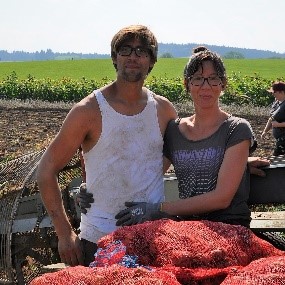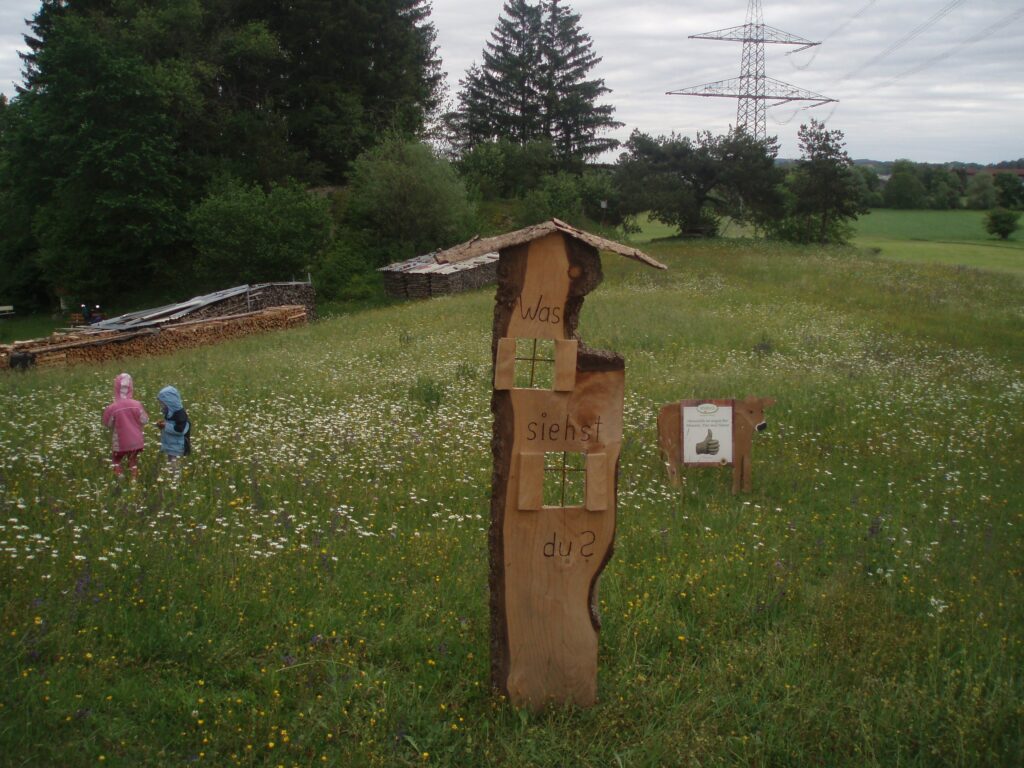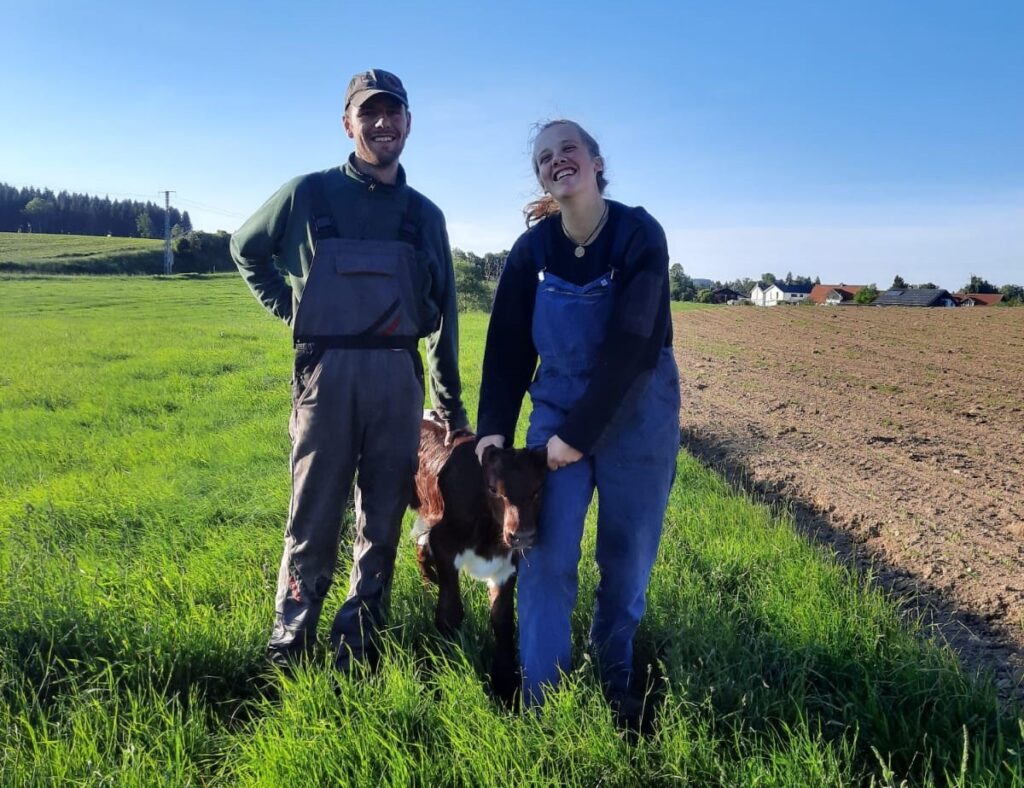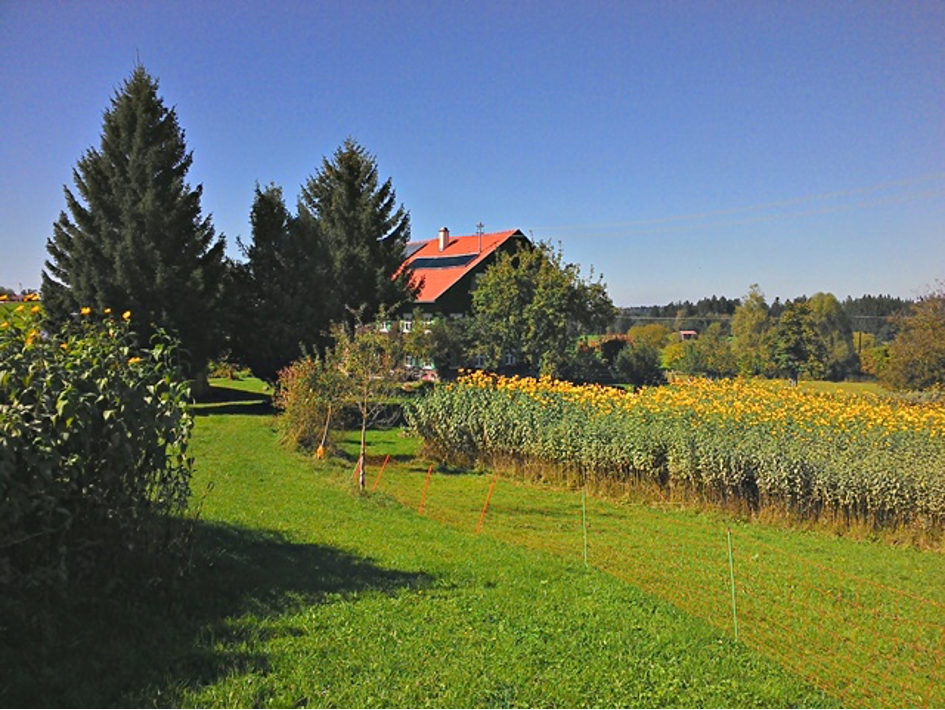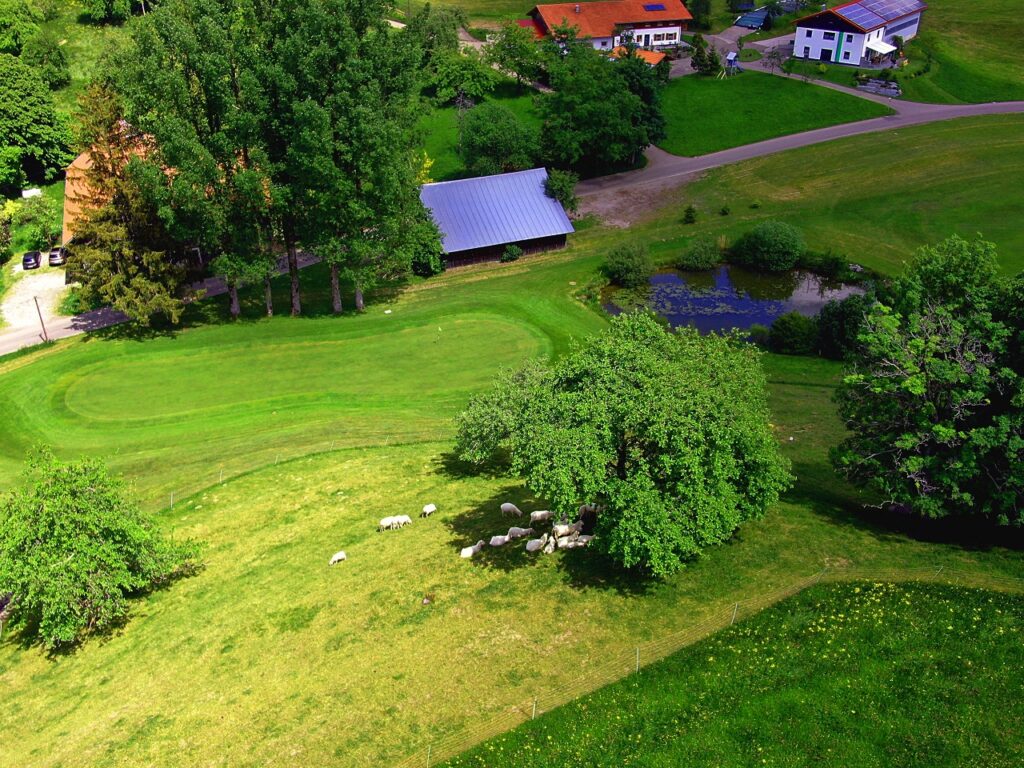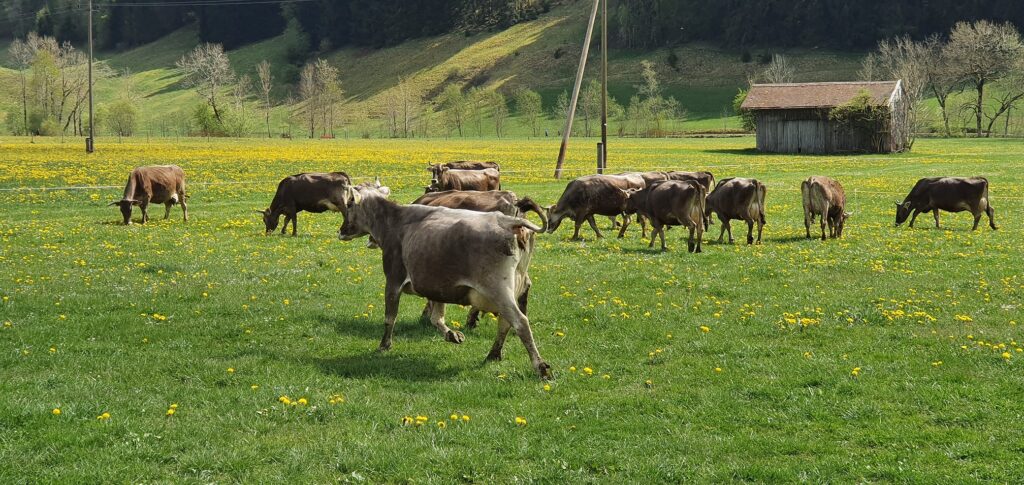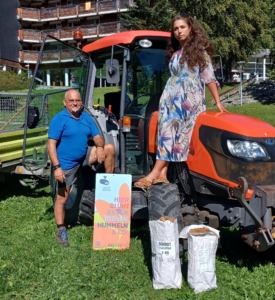Allgäu
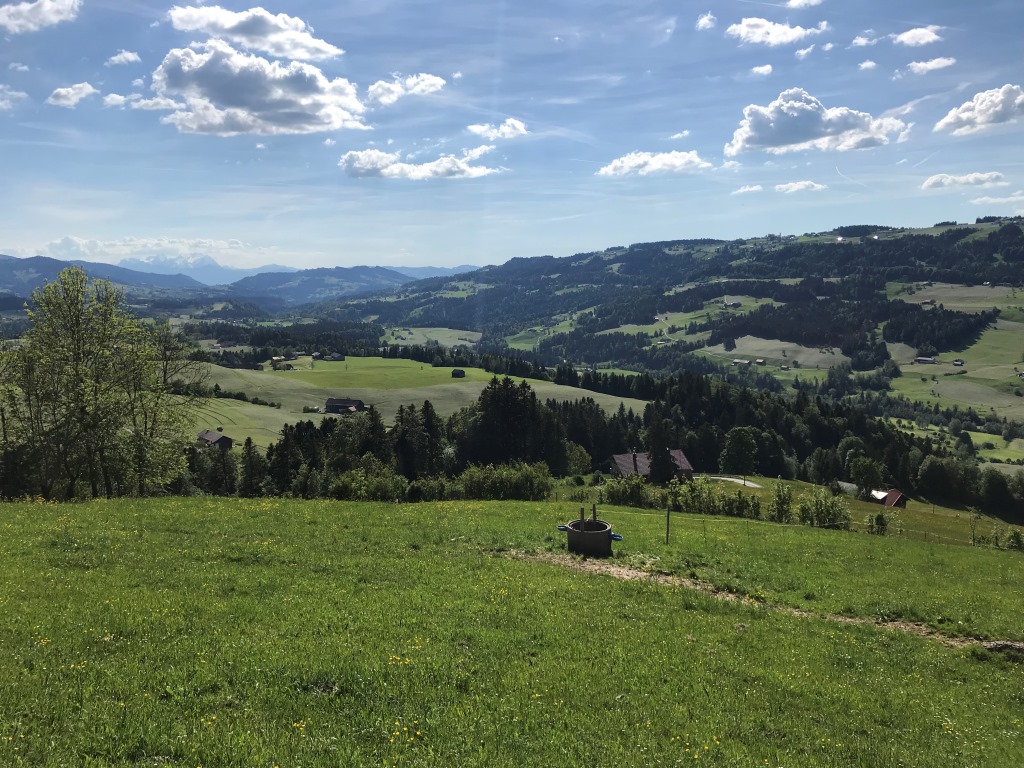
The Allgäu is a natural region in southern Germany, located mainly in the southwestern part of Bavarian Swabia and bordering southeastern Baden-Württemberg. The Allgäu belongs to the Atlantic climate zone, but has a relatively low average temperature partly due to its altitude and proximity to the mountains. In addition to the frequent congestion weather conditions at the main ridge of the Alps with a westerly to northerly current, which bring abundant rainfall to the area, the Föhn weather conditions with sunshine and usually unusual warmth for the time of year are typical weather events with southerly currents. Characteristic of the Alpine foothills are the constant alternation of moraine hills, lakes and moors as well as river and stream valleys. The natural vegetation is very variable depending on the parent rock, mostly dominated by beech forests and fir-beech forests of base-rich sites to soil-acid Hainsimsen-beech forests. Today, about 50-60 percent of the land area is used for agriculture and about 30-35 percent for forestry. Just over 1 percent of the land area is peatland.
Landscape and land use
The Allgäu has an exceptionally rich flora and fauna. The species communities of the fresh to wet habitats in the lowlands and the semi-natural grasslands and forests of the highlands are particularly characteristic. Many of these habitats are only formed and maintained by human use, e.g. the very lean litter meadows. In addition to large mammals, the flowering plants, breeding bird species, reptiles and amphibians, and insects that find a refuge in the 16 nature reserves are strikingly diverse. The predominant agricultural use in the Allgäu is grassland farming for milk and meat production, with milk and cheese being the leading products. The average farm size of 25-37 hectares remains far below the farm sizes of other regions in Germany.
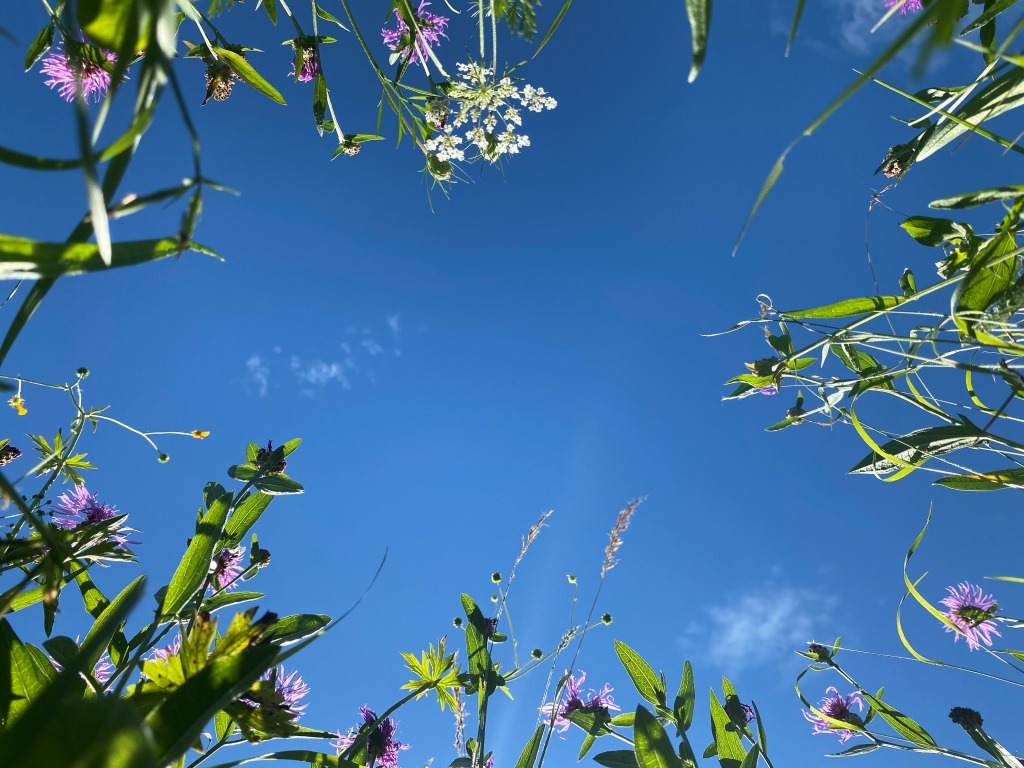
Our frontrunner farms in the IRSR Allgäu
“We see it as our task to produce healthy and natural food while working in harmony with nature.”
Michael Samenfink
Hay milk dairy farm Assemann
“We stand up for biodiversity, climate friendliness and species protection in a simple manner.”
Thomas Assemann
“We focus on biodiversity and a richly structured farm with many habitats.”
Georg Lindl
Golfclub Waldegg-Wiggensbach e.V.
“As a large landowner in the region, we also want to live up to our responsibility in terms of nature conservation.”
Karl-Heinz Lengler
“It is important to us to preserve the ecosystem and the cycles that we farmers depend on.”
Felix Hold
Rehaklinik Überruh
“Here, the focus is on the health of the individual in harmony with the beauty and preservation of our unique environment.”
Rosa Hübner

